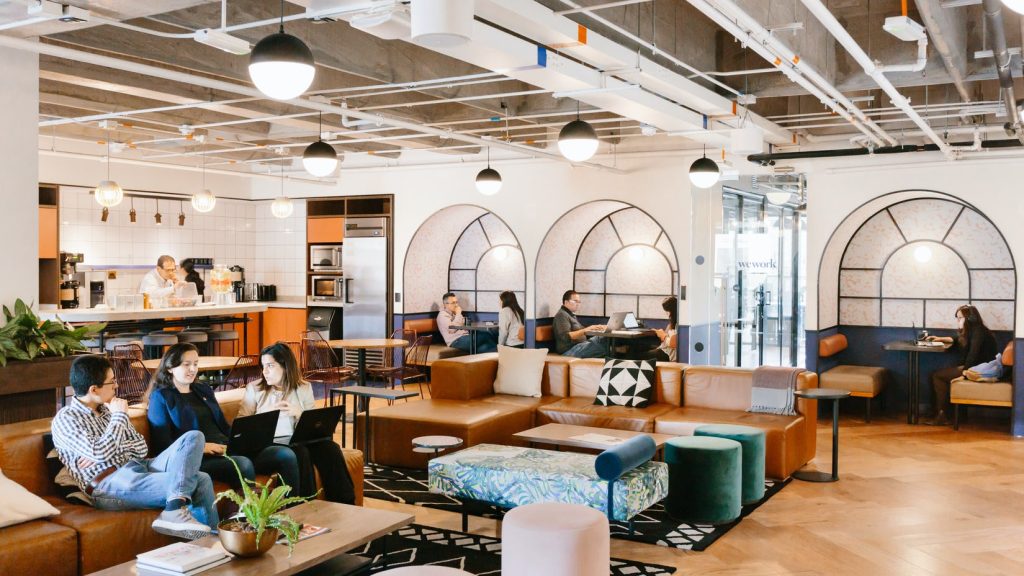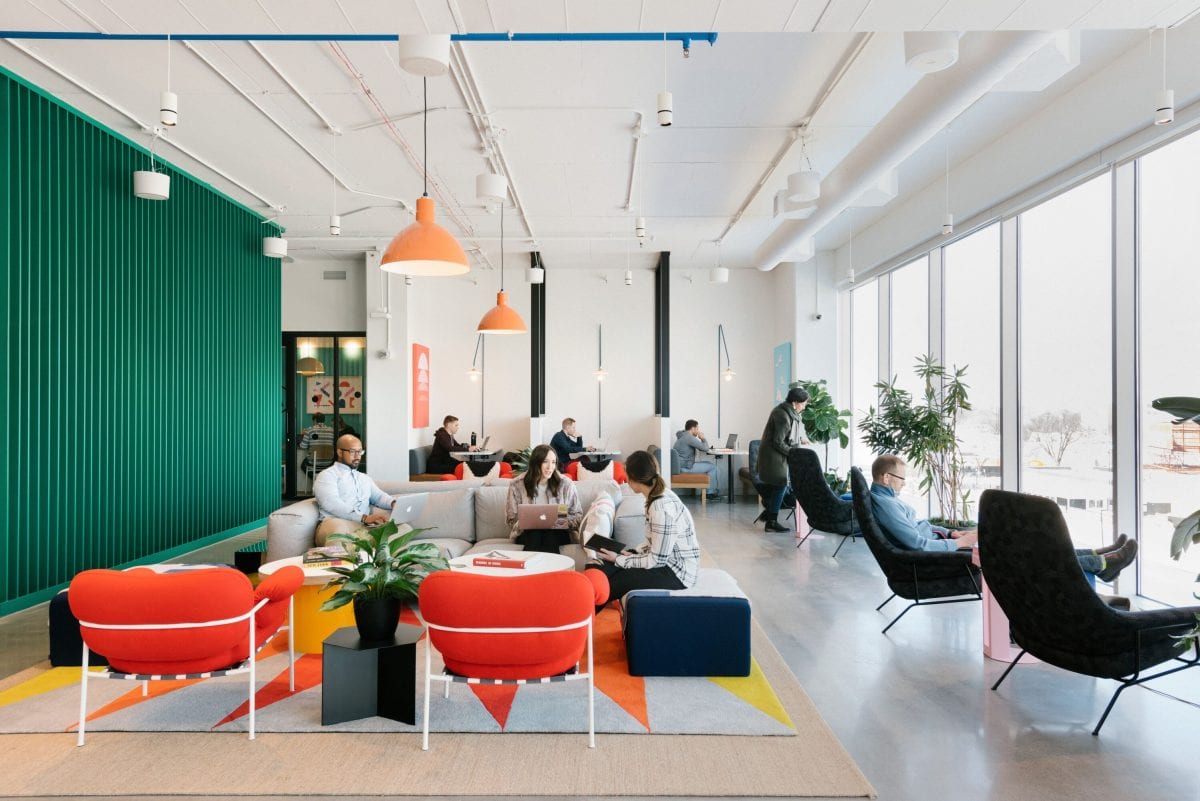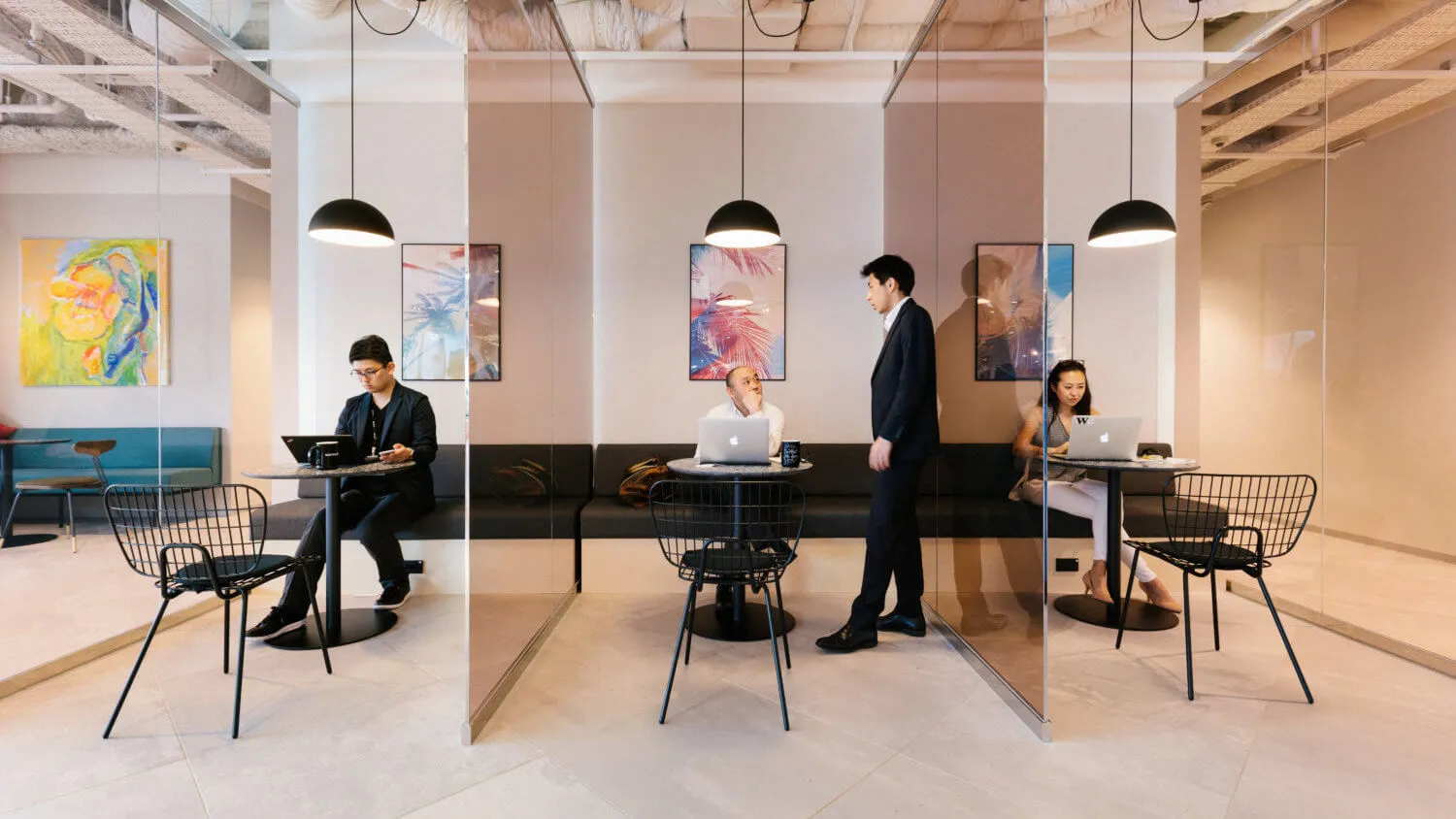
The way we work has changed forever. With the rise of remote work and the demand for flexibility, many companies are rethinking their approach to office space. The hybrid work model—a balance between working remotely and working in an office—is quickly becoming the new standard. And at the center of this shift are flexible workspaces that adapt to the needs of modern businesses.
What Is Hybrid Work?
Hybrid work combines the best of both worlds: the convenience of working from home with the collaboration and structure of an office. Employees split their time between remote setups and in-person work, creating a more balanced and productive routine.
Why Hybrid Work Is Growing
There are several reasons why hybrid work continues to gain traction:
- Employee Flexibility – Workers enjoy more control over when and where they work.
- Increased Productivity – Many employees report getting more done outside a traditional 9-to-5 office.
- Cost Savings – Companies reduce expenses by downsizing or shifting to flexible workspace models.
- Talent Attraction – Businesses offering hybrid options are more attractive to top talent.
The Role of Flexible Workspaces
Traditional office leases don’t always fit the hybrid model. That’s where coworking spaces and flexible offices step in. These spaces allow businesses to scale up or down depending on their needs while giving employees professional, amenity-rich environments to work from.
Key features that make flexible workspaces ideal for hybrid teams include:
- On-Demand Meeting Rooms – Perfect for team gatherings or client presentations.
- Private Offices & Hot Desks – Options for individuals and small teams.
- Central Locations – Accessible for employees coming from different areas.
- Community & Networking – Opportunities for collaboration beyond your company.
The Future of Offices
As hybrid work becomes the norm, the traditional long-term office lease is fading. Instead, companies will continue to embrace flexible workspaces that support both in-person collaboration and remote work efficiency. The future of commercial real estate is adaptability—and flexible coworking spaces are leading that transformation.
Final Thoughts
The hybrid work era is here to stay. Companies that embrace flexibility, support employee well-being, and adapt to modern workspace solutions will be the ones that thrive. Whether you’re a freelancer, a startup, or a growing business, hybrid-friendly workspaces are the key to success in the future of work.





